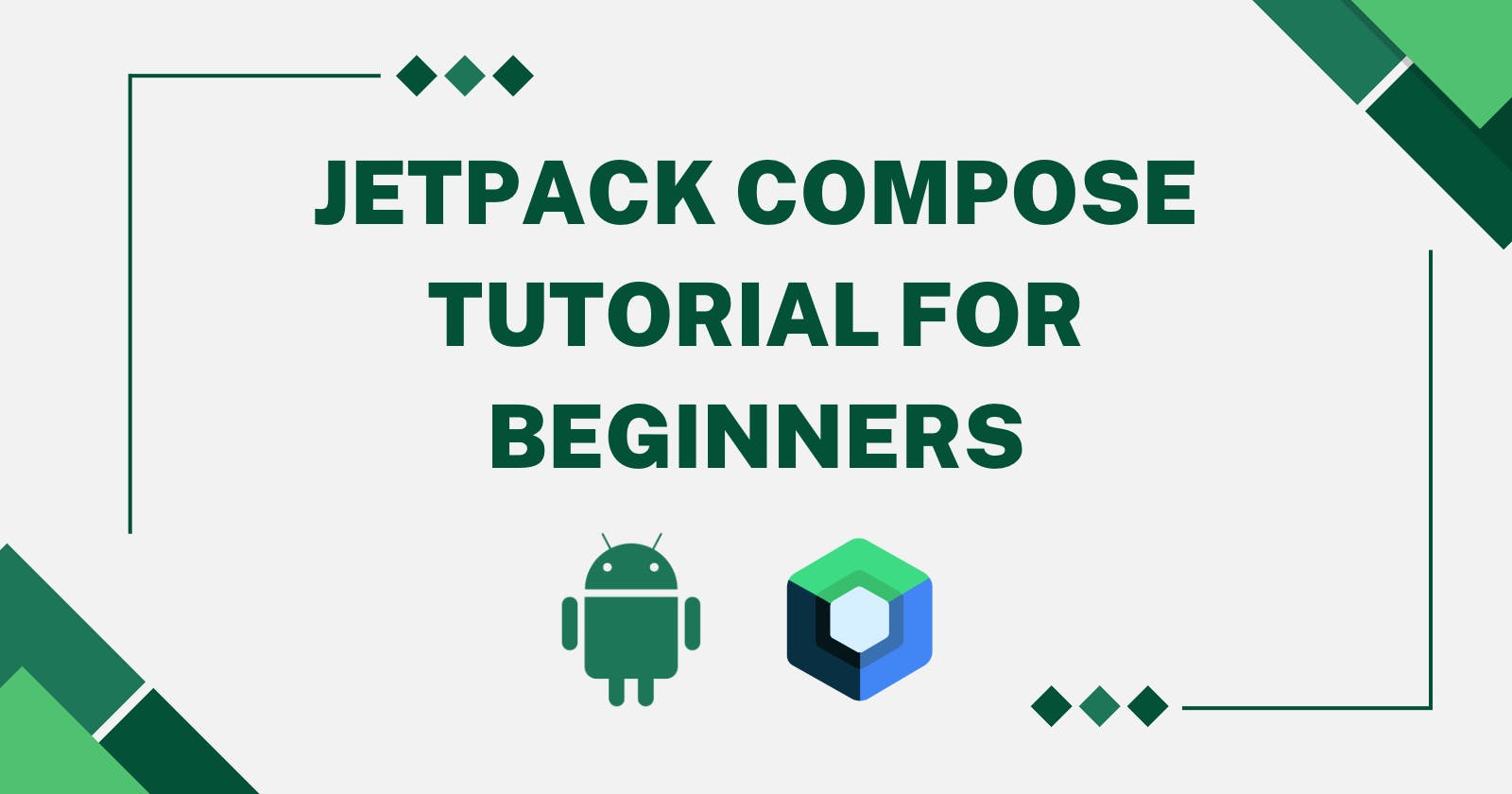Jetpack Compose is a modern toolkit for building native Android user interfaces using the Kotlin programming language. It allows developers to build interactive UIs using a declarative programming paradigm that is more concise and easier to understand than traditional imperative programming.
In this article, we will explore the fundamentals of Jetpack Compose and demonstrate how to use it to build a simple UI.
Basics of Jetpack Compose
Jetpack Compose is based on a set of core concepts that are essential to understanding how it works. These concepts include:
Composable Functions
Composable functions are functions that define UI components in Jetpack Compose. These functions are annotated with the @Composable annotation, which indicates that they can be called within other composable functions.
Composable functions are lightweight and can be composed together to create complex UIs. They also follow a unidirectional data flow model, where the UI is updated in response to changes in the underlying data.
State
State is a fundamental concept in Jetpack Compose that represents the current state of a UI component. It is defined using the remember function, which returns a mutable state object that can be updated within a composable function.
Changes to the state object trigger a recomposition of the UI, updating it to reflect the new state.
Layout
Layout is the process of positioning UI elements within a container. In Jetpack Compose, layout is achieved using composable functions that take in child elements and position them within a container.
Layouts can be nested, allowing for the creation of complex UIs.
Material Design
Jetpack Compose provides built-in support for Material Design, Google's design language for creating beautiful and intuitive user interfaces. Material Design components can be easily integrated into a Jetpack Compose app using pre-defined composable functions.
Building a Simple UI with Jetpack Compose
To demonstrate how to use Jetpack Compose to build a simple UI, we will create a basic login screen with a text input field and a login button.
@Composable
fun LoginScreen() {
Column(
modifier = Modifier.fillMaxSize(),
verticalArrangement = Arrangement.Center,
horizontalAlignment = Alignment.CenterHorizontally
) {
// Username text input field
var username by remember { mutableStateOf("") }
OutlinedTextField(
value = username,
onValueChange = { username = it },
label = { Text("Username") }
)
// Password text input field
var password by remember { mutableStateOf("") }
OutlinedTextField(
value = password,
onValueChange = { password = it },
label = { Text("Password") },
visualTransformation = PasswordVisualTransformation()
)
// Login button
Button(onClick = { /* Handle login logic */ }) {
Text("Login")
}
}
}
In this example, we define a composable function called LoginScreen that uses a Column layout to vertically center its child elements within the container.
Within the Column, we define two text input fields using the OutlinedTextField composable function. The value and onValueChange parameters are used to bind the text input to mutable state objects, allowing us to update the text and trigger a recomposition of the UI.
We also define a login button using the Button composable function, which calls a login logic function when clicked.
Conclusion
Jetpack Compose is a powerful tool for building native Android user interfaces that is both easy to learn and powerful enough to create complex UIs. By understanding the core concepts of composable functions, state, layout, and Material Design, developers can quickly get up and running with Jetpack.
